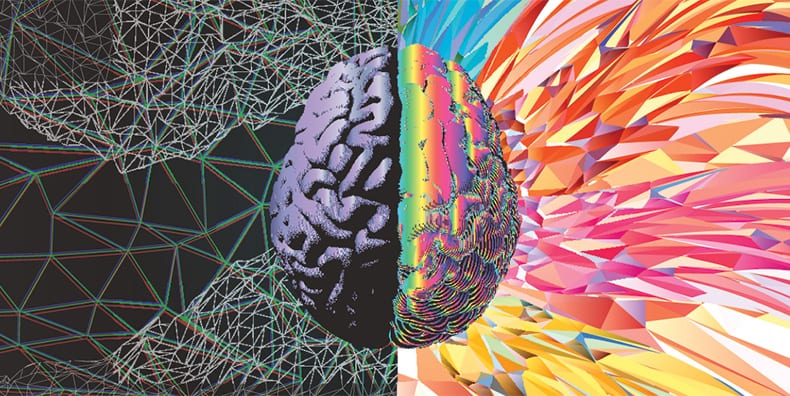Coping mechanisms for mental health - part one
Hi guys!
I recently wrote a post about how music helps me deal with nervous tics, at least for a while. I still do not fully understand this mechanism, and only suspect that it is based on a complete focus on the instrument. But on the other hand, by the way, the center of speech and the center of singing in our brain are located in different areas, so it often happens that people who cannot speak due to severe stress can sing.
Today I decided to talk about other mechanisms that make it easier for me to cope with seasonal flare-ups. Somewhere I will repeat what has already been said a hundred times by all and sundry, but nevertheless I find it useful to share my personal observations on this matter and I hope that they will be able to help someone else.

Google pics
Often, when a person says that he suffers from depression or another mental disorder, they begin to give him advice that is impracticable for a person in an acute medical condition. I don’t want to resort to the sore metaphor that asking a depressed person to rejoice is like asking a person with a broken leg to run a marathon, but in some ways this is true. A person really cannot feel joy (if we are talking specifically about real clinical depression, and not just a bad mood), because he lacks neurotransmitters that trigger such processes. This is pure chemistry, and it is difficult to change it with an effort of will.
Therefore, we immediately note that "it will not work to simply treat everything easier and just start to rejoice." What can help a person (besides, of course, going to the doctor?).
I have suffered from bipolar disorder for many years, and all the time I try to expand the arsenal of things that help me cope with it. I have a wonderful friend, Jana Frank, who is the author of books on illustration and, more recently, on neuro-strategies. Yana suffered cancer when she was about 30, and since then she has been learning to live with the consequences of a difficult diagnosis. So, what options do we have in order to further alleviate our condition after starting drug therapy?
First of all, I want to say right away that this is not a panacea. We very often hear advice in the spirit of "do yoga", and it is impossible to explain that often people do not even have the strength to get out of bed, let alone exercise.
But I sincerely believe that sport is something that you need to try to introduce into your life at a time when everything is relatively good. When we play sports, the brain over time begins to recognize this activity and rejoice in it, rewarding us with the right neurotransmitters. If it did not work out so that the habit was formed before a sharp deterioration in the condition, you will have to try to save yourself in simpler actions.
For example, during periods of acute depression, I had arrhythmias and tachycardias. Not a very good state to play sports, is it? But you can still just walk. This should be done on the street, in any weather, and at least an hour a day. After 40 minutes, monotonous walking also starts the correct processes in the body, not to mention the fact that fresh air and sunlight are also needed. Technically we are ficuses, just with more complex feelings :)
This post is getting too long, and I will happily continue my story tomorrow so that it does not turn out to be 10 pages that will be difficult to read and perceive.
Have a great weekend everyone!:)
See you in the next post!
Love, Inber